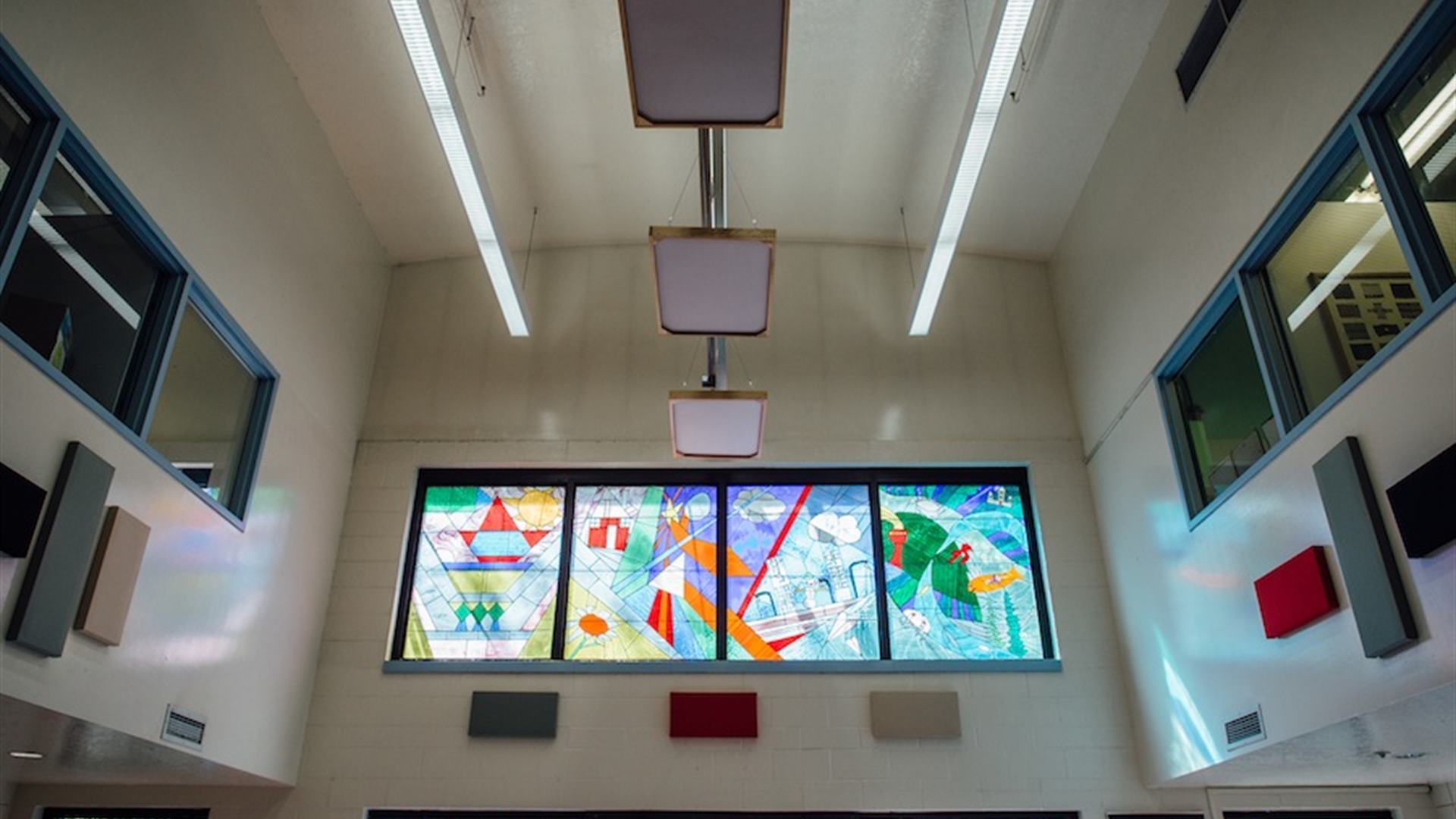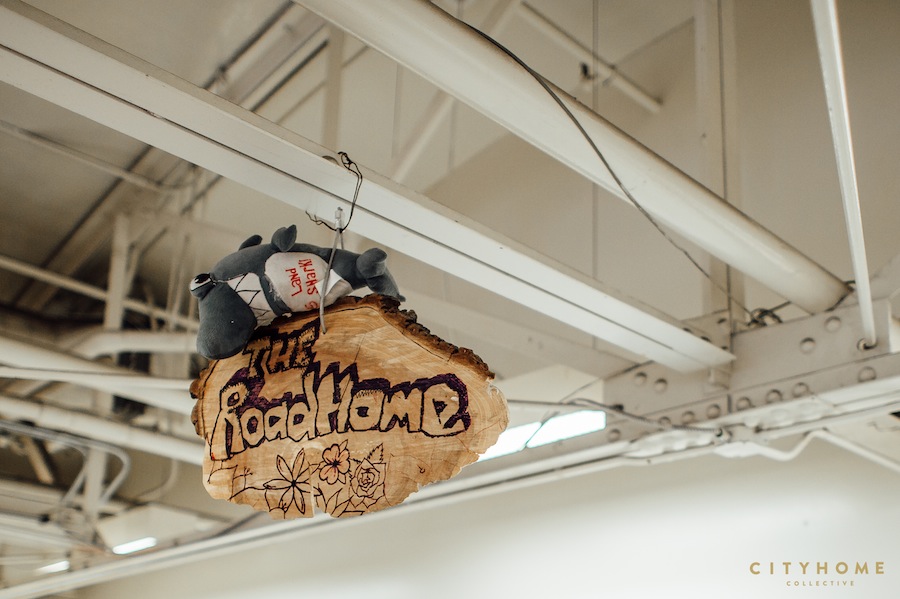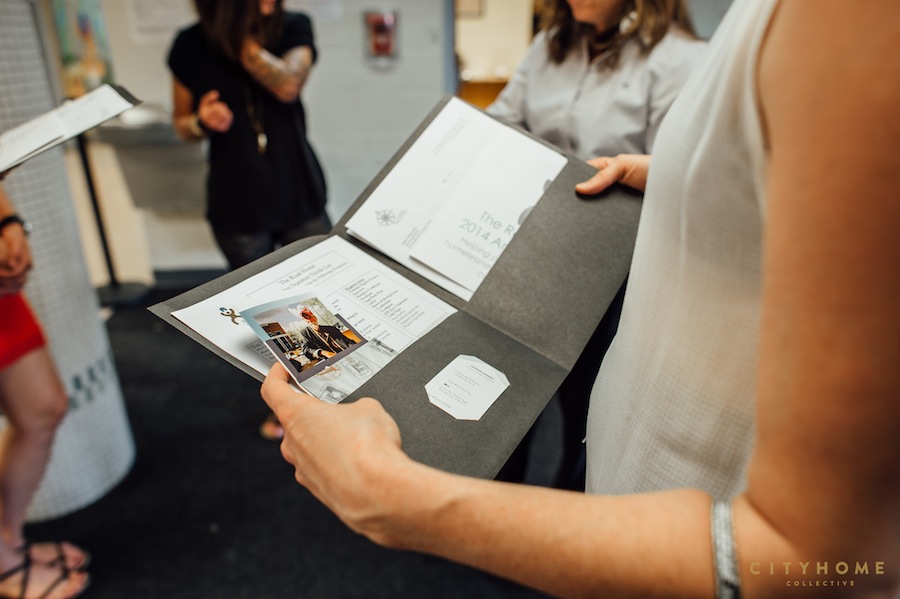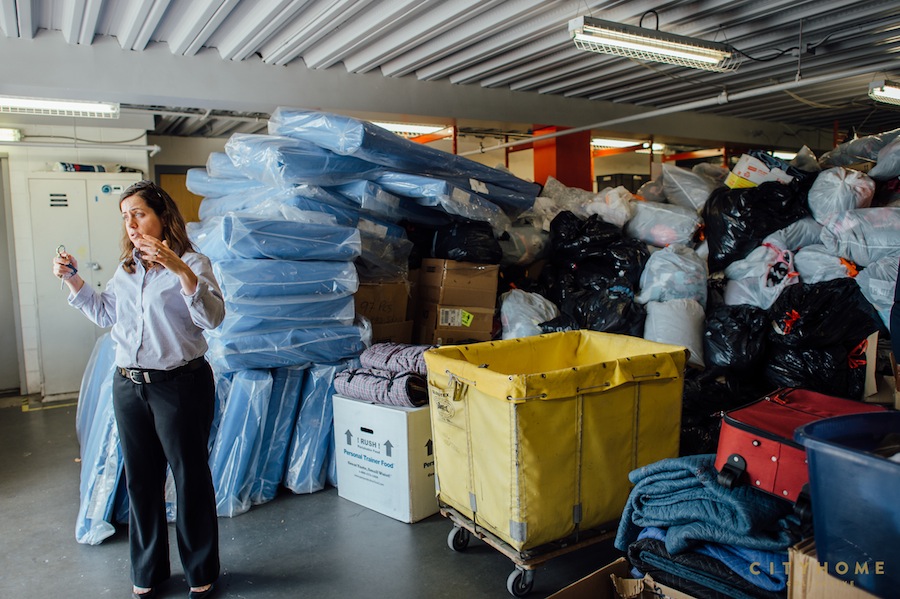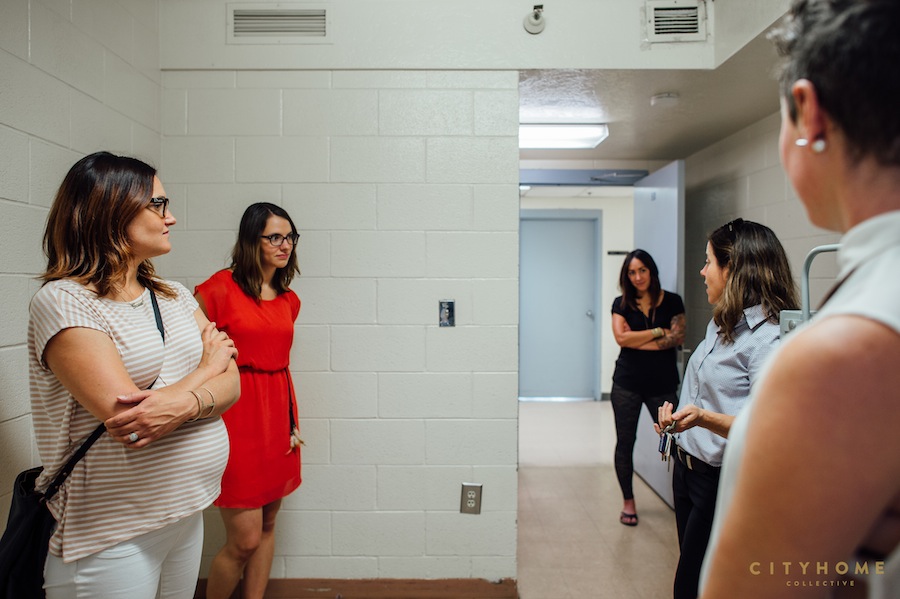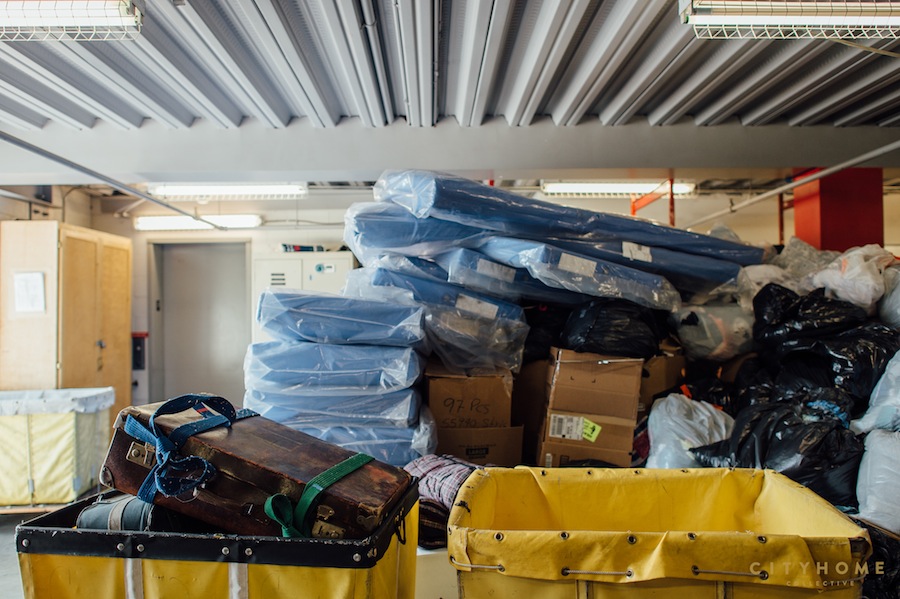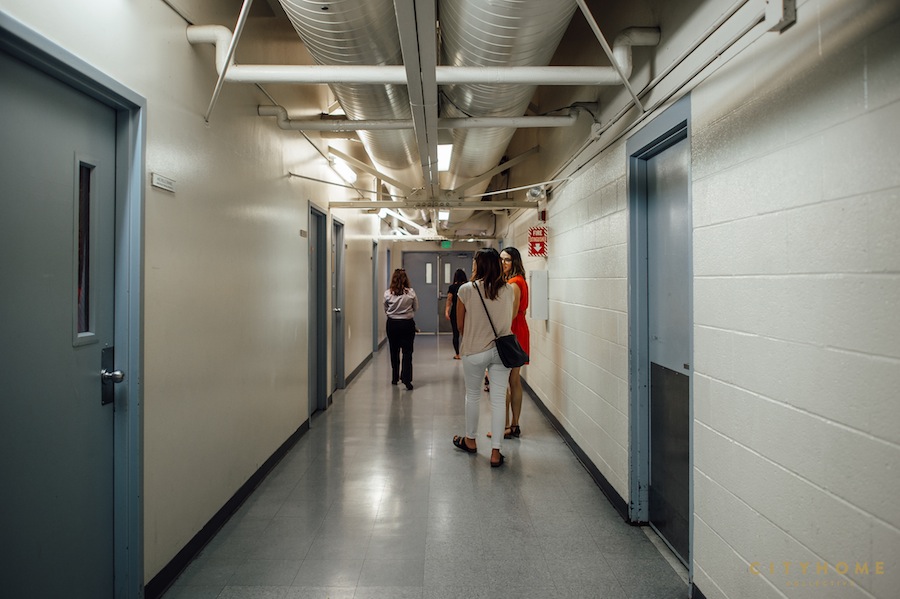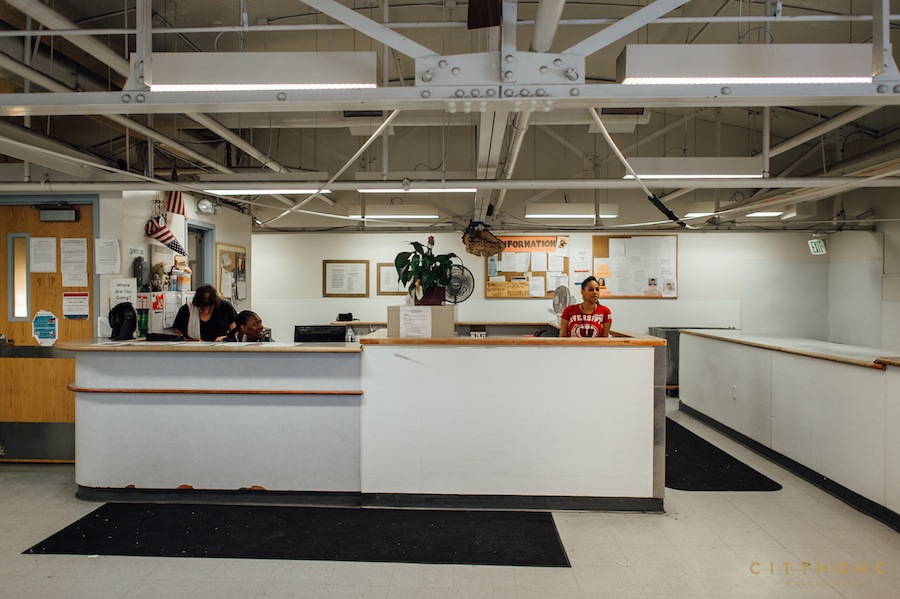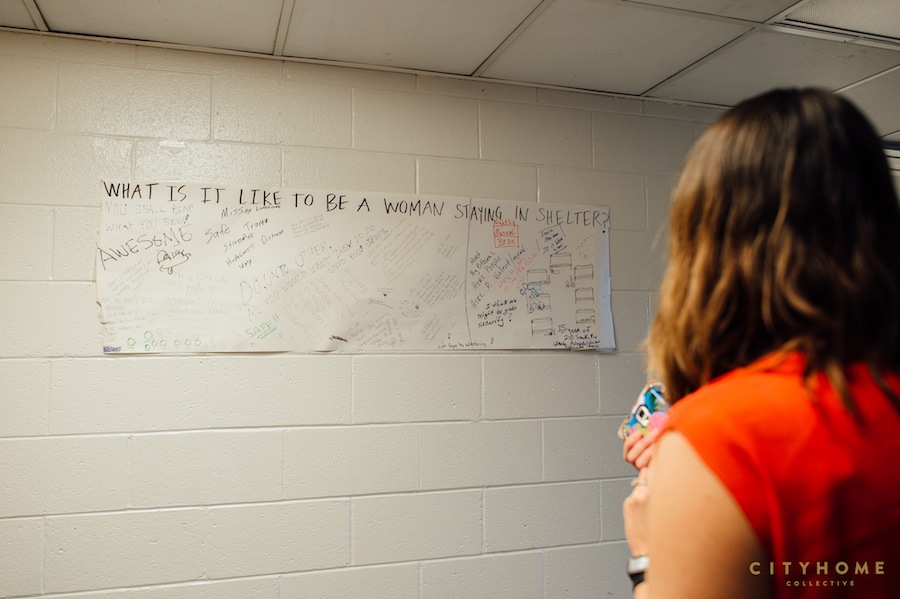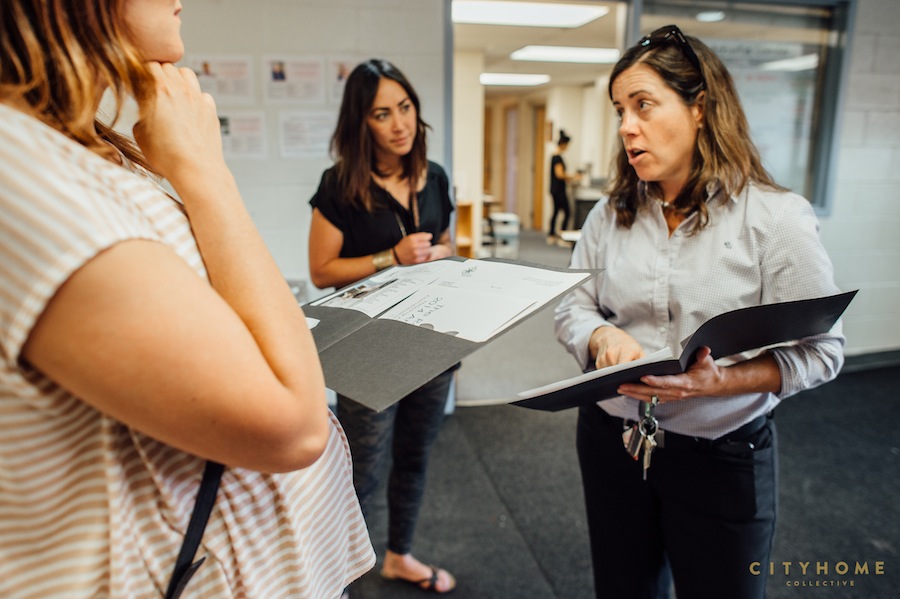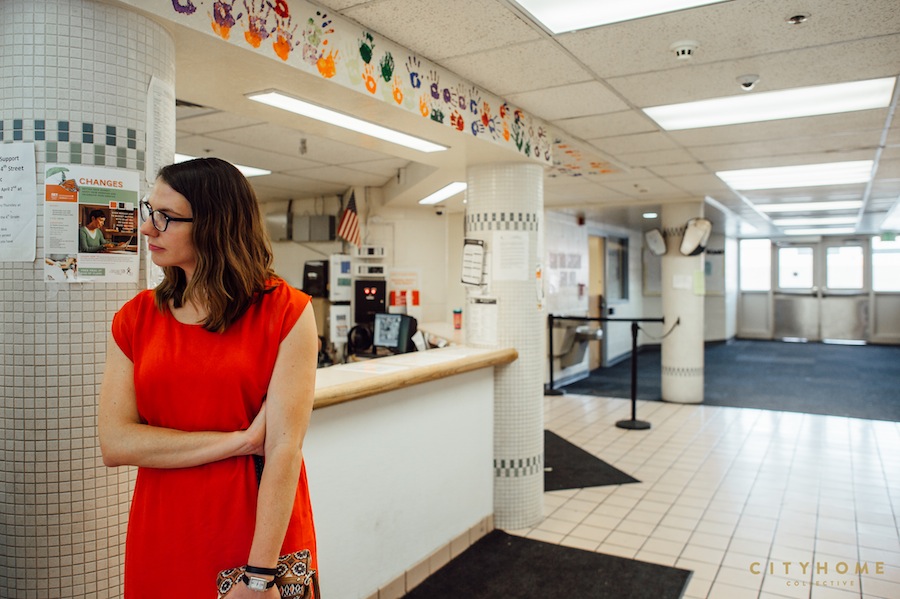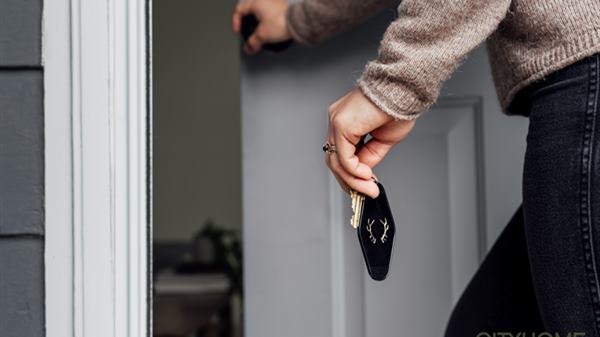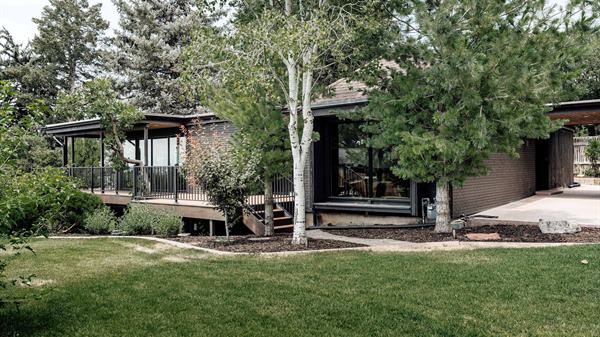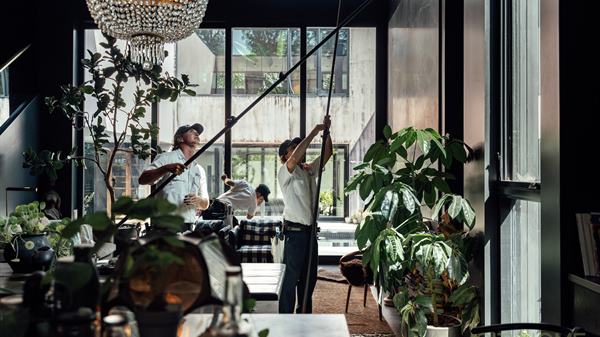Winter is a-knockin', and with the cooler temperatures also come the holidays and their many different traditions, salutations, and festivities. Now is the time of gifts and celebrations; of countdowns and the lighting of lights; of giving thanks and gathering together in the comfort of family (whoever that may be to us). No matter what creed we hail from (or don't) this holiday season, the old adage humbly reign supreme: there is no place like home. As we come together to appreciate the good we got, we realize that the sad fact is, many members of our community lack even the smallest of spaces to call their own. Though the gesture feels small, we want to take a moment and recognize an organization working tirelessly to change that: The Road Home.
The focus of Housing First is to place chronically homeless people in housing as quickly as possible
Located just south of the Gateway Mall on 210 S Rio Grand Street, this shelter lives up to its name, keeping its downtown doors open 22 hours a day (and operating an additional winter shelter from October through March, to ensure that all those who fall into homelessness have a warm, safe place to sleep). They are the largest provider of homeless shelter and services in Utah, and one of the most successful programs in the US. In 2014, the shelter served 7,082 people, including 681 families. All of those served are either experiencing or emerging from homelessness; all are low income, and face significant barriers to achieving stability. Many struggle with mental illness, substance abuse, and serious medical conditions; they face significant financial debt, limited education and job skills, and unemployment. Homelessness is a multi-faceted issue, and it takes the effort of an entire community to help get those in need back on their feet. The first step on the way back from homelessness begins, for many, at The Road Home--a shelter that has been awarded 4 out of 4 stars for fiscal responsibility and transparency some 10 years running (and in that time has earned a national reputation as one of the best programs in the country). Back in 2005, Utah shelters like this one adopted a groundbreaking practice called Housing First, which has reduced chronic homelessness in Utah by 91%, as well as reduced the cost to the community and government, from an estimated $17,000 per year (for medical treatment and arrests) to $11,000 per person (for housing and care). The focus of Housing First is to place chronically homeless people in housing as quickly as possible, then continue to support them with services that help stabilize their lives. The incredible success rate proves that providing housing-based, client-driven supportive services to optimize stability is an extremely effective way to end homelessness in many communities, and we're all for it.
All of this lays the foundation of stability for clients
The Road Home goes far beyond providing shelter, beds, and showers every day. They also provide a wide array of support services to address and help a wide spectrum of causes of homelessness in Utah by working with local housing authorities Volunteers of America Utah, YMCA, Head Start, and many others. Government and other mainstream service agencies, such as the Department of Workforce Services and the Veteran Services, provide on-site services at the shelter. All of this lays the foundation of stability for clients, while case managers work to find affordable, accessible housing in the community. If deemed eligible, clients can receive a boost of deposit assistance and short term rental assistance for a home of their own. Sadly, the largest challenge to The Road Home's mission is a lack of affordable housing for their clients. Those with the highest likelihood of falling into homelessness are also those with the lowest incomes, and a lack of affordable housing creates unstable living conditions for tens of thousands of individuals and families across the Wasatch Front. Creation and maintenance of designated low-income housing would result in fewer people needing to turn to the shelter for help. This shortage could be reduced through a variety of creative means: working with community stakeholders such as the city, county, and state, as well as private developers, could further the cause of developing more low income housing in the community (providing this folks with a spot to call their own).
By working together as the tight-knit and conscious community that we know we are, we can increase chances of success
So what can we do to help those less fortunate and to keep The Road Home going strong? First, we can educate ourselves on homelessness (and The National Alliance to End Homelessness is a terrific place to start). Secondly, monetary donations (it takes as little as $10 to shelter someone for a night), or needed items like clothes, diapers, and blankets are always appreciated. Low on cash? Volunteering is free, and there are both year-round opportunities and one-time-only ways to help. We can hardly think of a better way to get the gang together for some meaningful, give-back bonding time this holiday season. Also--starting now through the end of December--you can bring your donations to our COLLECTIVE HQ, and we'll happily bring them by The Road Home on your behalf. And finally, you can contact your local representative and let them know just how important additional low income housing is to our community (see: very). The truth is, homelessness stems from as many individual stories as there are people, and many residents face barriers to accessing housing that are not easy to overcome. By working together as the tight-knit and conscious community that we know we are, we can increase chances of success and, hopefully, ensure that everyone can have a place to call their own for the holidays.
